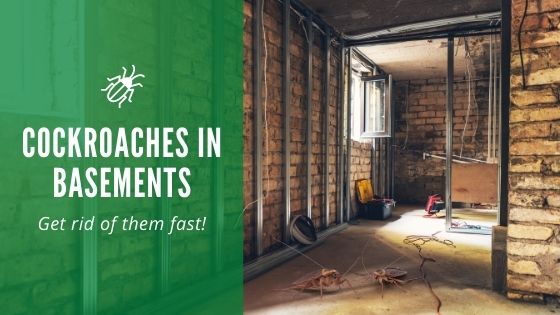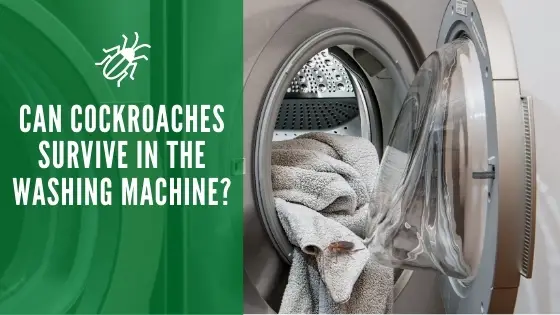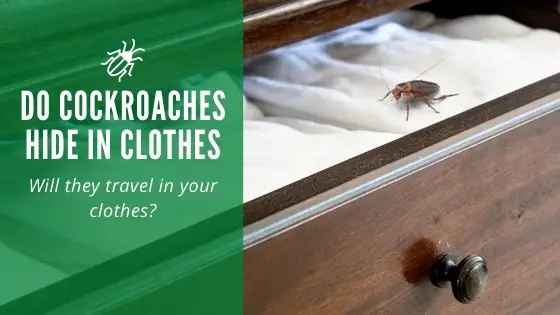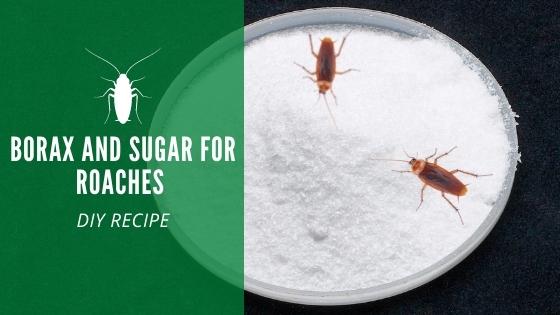Dealing With Cockroaches in Your Basement

If your home has cockroaches, it can be extremely frustrating. They will eat any food scraps that are left out and spread harmful bacteria. Dealing with cockroaches is often a headache, especially if you do not know where they are hiding.
Basements are especially attractive to these little pests. You may smell the telltale odor of a cockroach colony, see their droppings or egg cases when you descend the stairs into your basement. While this can be disgusting, cockroaches are fortunately treatable.
What Attracts Roaches to Basements?
Like every living being, cockroaches need to fulfill their basic needs to survive. This includes food, water, and shelter. Cockroaches will eat anything available, even cardboard in some cases.
If you have any food stored in your basement that is not in sealed containers, roaches will go crazy for it! Likewise, if you have standing water available in your basement, cockroaches will use it to survive in your home. Leaky pipes often found in basements can be a jackpot for a variety of roaches like the German cockroach, Brownbanded cockroach, Oriental roaches, or the American cockroach.
Cockroaches love humidity. Basements are typically more humid than the rest of the house because they are below ground level. The plumbing and water heaters that are often in basements provide a humidity level that is not present in other parts of the house.
Basements typically also have less foot traffic and lights than the rest of the home. Cockroaches want to hide from any danger, so places with constantly walking are less attractive than the basement. The lights in basements are not used as much as lights elsewhere. Cockroaches prefer the dark, so this is another benefit of the basement for them.
The bottom line is that roaches will go to places that feel safe and have a steady supply of food and water. For many homes, this means that the basement is the most likely place to find a cockroach infestation.
Where do Roaches Hide in Basements?
Cockroaches have very thin bodies that they can use to explore tight spaces. Any small crevices or hidden areas in your basement are fair game for roaches to move in. Examine your whole basement if you think that there is a possibility of a roach problem. Check the walls for cracks or improperly sealed seams in your walls. Roaches will find anywhere that they can hide, so be thorough.
Pay special attention to areas that have water pipes. Condensation or dipping from these pipes will give the roaches an environment to thrive in. If you have a leaky water heater or plumbing, roaches can be just around the corner.
How to get rid of roaches in your basement
While it may be daunting to discover that cockroaches have established themselves in your basement, you will be able to exterminate them. If the roach infestation is extreme, you may require an exterminator’s services to destroy the roach colony. Before making this call, you can always try some other remedies and see if they work.
Before doing anything else, try to identify what is attracting roaches to your basement. If you are storing food in your basement, clean up any crumbs, scraps, or residue. All food needs to be in a sealed container to avoid roaches. Fix any leaks in your pipes and seal holes that you find. A simple sealant can prevent catastrophic roach infestations if used correctly.
After your basement has been made as inhospitable for roaches as possible, you can try different roach poisons. Go to the store and select what product you think would work best. Pesticide gel bait, powders, sprays, and traps are available at many locations. Read each label carefully before selecting what poison to use.
If you prefer less toxic alternatives, you can try something like diatomaceous earth. This is a chemical compound that dehydrates cockroaches until they die. You spread the powder in areas where cockroaches typically walk, and it becomes stuck to their exoskeletons.
Diatomaceous earth is so coarse that it will latch onto and puncture the roaches’ exoskeleton. This is good because if a cockroach comes into contact with another cockroach that has been in contact with diatomaceous earth, it will also become affected.
Boric acid is another pest control favorite when dealing with roaches. It can be used in the same way as diatomaceous earth, or you can mix it into a roach bait and wait for the cockroaches to eat the toxic compound and die. Boric acid typically only takes a few hours to finish off a roach and is considered less harmful to other creatures than traditional pesticides.
Keeping Roaches Out of Your Basement
The best way to get rid of a roach infestation is to avoid one altogether. You can take plenty of precautions to stop an infestation before it begins.
Always keep your basement clean. Aside from basic hygiene, this will also cut down on places for cockroaches to comfortably hide and get rid of potential food sources like crumbs or spills. Disinfect areas in your basement when they require it as soon as possible.
Get rid of open water sources. If you have a leaky faucet in the basement, get it fixed immediately. Patch any holes in pipes. If you need to use a drip pan to catch condensation, then frequently empty it to eliminate standing water. You can also purchase items that dehumidify the air of your basement as an extra precaution.
Close and spray points of entry for the roaches. Simply closing holes in the walls or cracks in your foundation will eliminate possible avenues for the roaches to enter your home or hide. Once you have sealed these entry points, you can spray them with a pesticide to add yet another layer of protection that will dissuade roaches from ever coming back to your home.
Lastly, it would be best if you tried to keep your basement cool. Roaches thrive in hot, humid environments. A cool, dry basement is much less attractive to a roach. If the cockroach population in your basement has grown to the point that you can no longer control it, you should get in contact with a pest control expert immediately.



